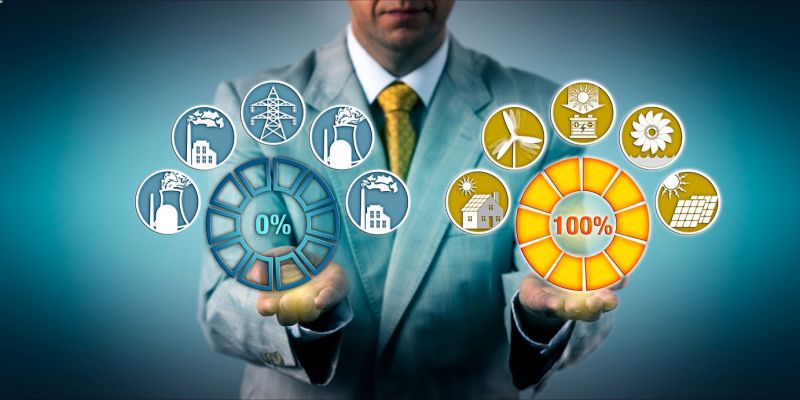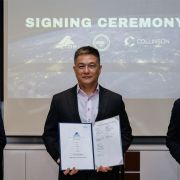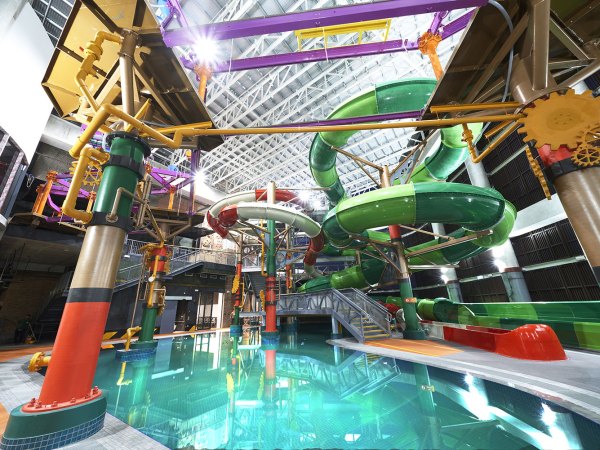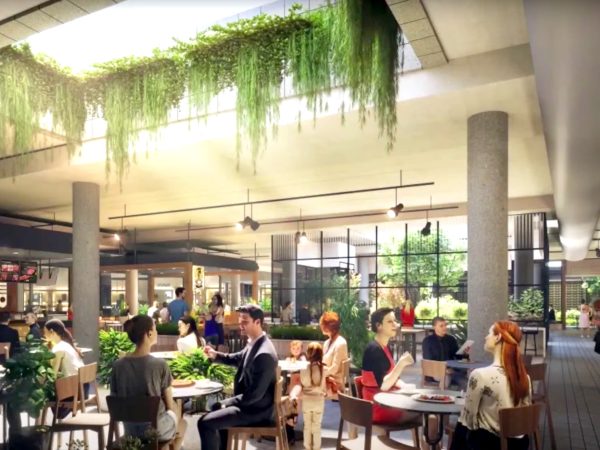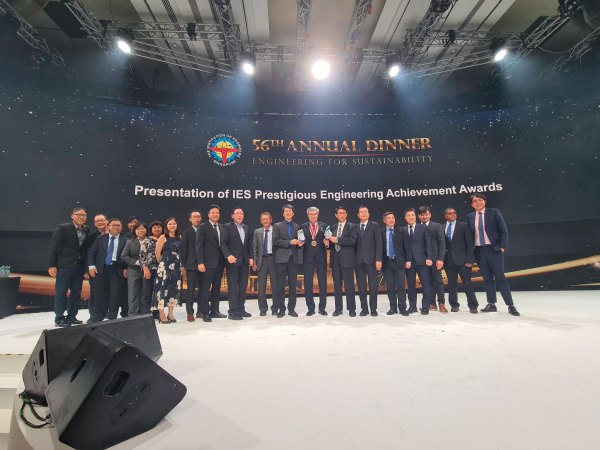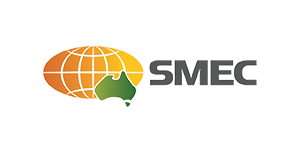Energy transition is set to be a vital business for the SJ Group in Singapore and the Asia-Pacific in the next decade
The energy transition is playing a bigger role in every company’s sustainability and growth strategy. Surbana Jurong is set to help major emitters, manufacturers and industrialists take bolder steps to transition to lower carbon and net-zero scenarios for their businesses. These include the adoption of renewables such as solar energy, carbon capture technologies, and low carbon alternatives such as hydrogen and carbon utilization solutions.
In a recent town hall in Singapore, Mr. Yeo Choon Chong, Surbana Jurong Group’s CEO ASEAN, identified energy transition as a key growth engine in the region. Surbana Jurong’s Energy & Industrial (EIN) team is collaborating on projects with Renewables & Power & Energy teams in Indonesia, Malaysia, the Philippines, Vietnam, Australia, and Africa.
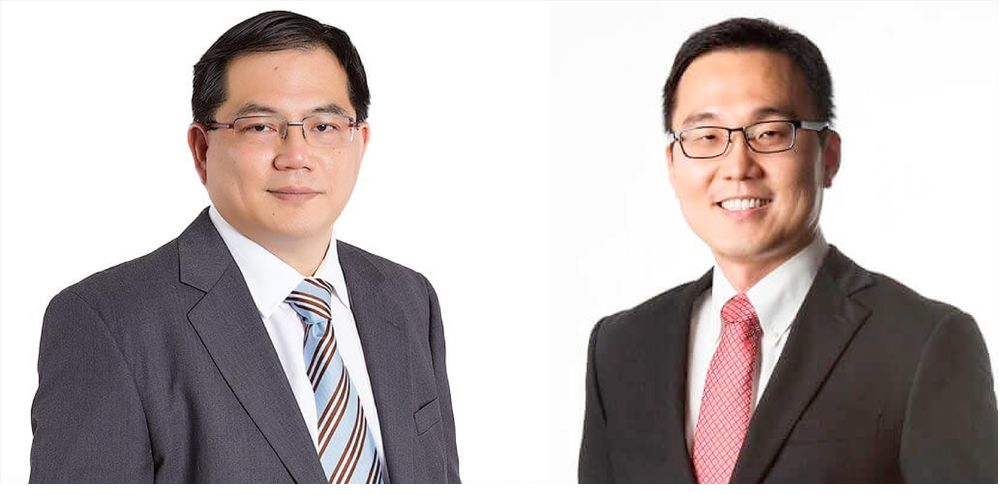
(Left to right) Yeo Choon Chong, CEO of ASEAN, and Tan Wooi Leong, Senior Director for SJ Energy & Industrial & Functional GM, Power & Energy for ASEAN.
In Singapore, the government recently announced an impending rise in carbon tax from SGD 25 per tonne in 2024 and 2025 and SGD 45 per tonne in 2026 and 2027. As a result, mid to heavy-duty transport sectors may accelerate their electrification or even adopt hydrogen as fuel, said Mr. Tan Wooi Leong, Senior Director for SJ Energy & Industrial & Functional GM, Power & Energy for ASEAN.
“Industries in petroleum & chemicals, iron and steel, cement and other major GHG emitters will see more value in adopting renewable energy (RE), electrifying their processes and introducing new energy alternatives in their operations,” he observed.
Mr. Tan leads SJ’s EIN team and also oversees the Power & Energy portfolio for ASEAN. This provides end to end sustainability and energy transition consultancy services targeting every sector, including commercial and residential development (solarisation and use of low carbon materials), industrial developments such as wafer fab plants, refineries, manufacturing plants (energy efficiency consulting, CCU), to infrastructure such as airports, seaports, etc (clean energy and hydrogen).
Opportunities in Southeast Asia
In an interview for this article, Mr. Tan said, “Energy Transition and decarbonization are core focus areas in the future economy. As one of the largest AEC in the Asia-Pacific, SJ has to play a larger role in shaping and harnessing these areas, especially in the sectors of renewables, hydrogen, power imports, and other alternative energy sources.”
With the ASEAN region set to contribute to the added capacity of these sectors globally, he said it is important that the Power & Energy teams in ASEAN work together to harness these impending growth and opportunities.
Key projects in the pipeline in Singapore and Southeast Asia

(Left) SJ is helping to electrify Pan United’s trucking fleet and (right) enable the Jalan Buroh station to be upgraded with capabilities based on renewables.
a) Electrification of Hydrogen ready truck fleet
SJ is assisting Pan United to develop a roadmap to electrify its entire trucking fleet of 1,500 vehicles with hydrogen fuel cells and its associated hydrogen fuelling infrastructure. The roadmap consists of fleet technology scan, creation of the electrification and hydrogen infrastructure, and all the associated business cases and development roadmap.
b) Multi-Fuel Station with RE & Hydrogen fuelling capabilities
For Union Energy, SJ has studied and conceptualized a multi-fuel energy station to upgrade its existing Jalan Buroh station in Singapore. The objective is to enable the station with renewable solar, electric vehicle charging infrastructure, hydrogen generation/ storage, and dispensing capabilities, to complement their existing compressed natural gas and diesel business.
c) Electrification of Harbour Crafts
SJ, together with Keppel Offshore & Marine, has won the Maritime and Port Authority and Singapore Maritime Institute (SMI) grant to study and create the ecosystem for the electrification of harbor crafts in Singapore.
d) Ammonia Bunkering for Maritime Industry
SJ’s EIN team is also participating in an ammonia bunkering safety study aimed at accelerating the shipping industry’s decarbonization efforts. It is partnering with DNV and the Singapore Maritime Academy for the study which began in February 2022 and is expected to take 10 to 12 months to complete.
Traditionally marine fuel oil is used as the fuel for vessels, which contributes to GHG emissions and makes the maritime sector a highly pollutive sector. The International Maritime Organisation has set a target of a 50 percent reduction in overall GHG emissions from 2008 levels by 2050. Ammonia is touted as potential low-carbon fuel to replace marine fuel oil.
SJ has embarked on energy transition solutions and pathways for industrial parks around the region, especially in China, Malaysia, and the Philippines. The push toward hydrogen clusters to drive new industrial value chains is also gaining momentum. The team shares insights on this rising trend in the paper “Building a Hydrogen-Powered Ecosystem in Industrial Clusters” on Perspectives on the SJ website.
Project Contacts:
Tan Wooi Leong, Senior Director. E: [email protected]
Dennis Tan, (Park Mgt & Advisory), Director. E: [email protected]
Govindaraj N., (LNG & Hydrogen), Director. E: [email protected]
Derek Wong, (Renewables & Power), Director. E: [email protected]
Cliff Chuah, Deputy Director (Innovation). E: [email protected]
Leong Hoi Hoong, Head, Business Development. E: [email protected]
Samuel Low, Head of Renewables. E: [email protected]
Dr. Krishnamoorthi, Energy Transition Manager. E: [email protected]
Elson Mah, (Energy Infra), Director. E: [email protected]


